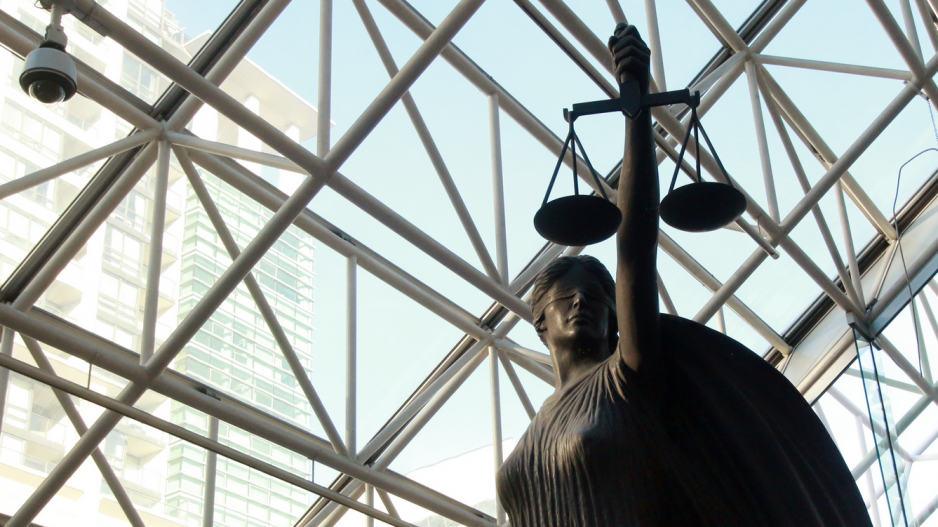While comedy thriller Cocaine Bear has been cleaning up at the box office in recent weeks, one B.C. man is finding nothing funny about the share prices of a recent investment.
Langley-based cannabis production company in Adastra Holdings Ltd. (CSE:CTRX) made headlines recently after announcing it had been granted a license by Health Canada to produce a small amount of cocaine and to import coca leaves.
Trevor Silverwood says he bought 220 shares in the company at $1.45 on March 3.
Adastra’s March 3 share price was nearly double where it stood just a few days prior and more than three times the low it would hit a few days later.
Silverwood is the named plaintiff of a proposed class-action lawsuit against the Adastra, which generated astonishment from both the premier and the prime minister at the time its share prices were spiking.
The lawsuit claims Silverwood and other class members relied on alleged misrepresentations made by Adastra and CEO Michael Forbes in a Feb. 22 announcement that it had obtained a licence to “interact with up to 250 grams of cocaine and to import coca leaves to manufacture and synthesize the substance” when buying shares in the company at inflated prices.
The lawsuit alleges statements by Adastra and Forbes that the company was permitted to “legally possess, produce, sell and distribute” cocaine was “false and misleading, as the granting of the amended dealer’s licence only permitted Adastra to sell cocaine” to other licensed dealers or researchers with appropriate exemptions.
Specifically, the lawsuit claims the statements by the defendants falsely implied the company was permitted to sell cocaine to the public.
CEO Michael Forbes is quoted as saying in the announcement the company views harm reduction as “critically important” and that Adastra is evaluating “how the commercialization of this substance fits in with our business model at Adastra in an effort to position ourselves to support the demand for a safe supply of cocaine.”
The announcement took off about a week later, as provincial and national opposition parties latched onto it and accused B.C. Premier David Eby and Prime Minister Justin Trudeau of effectively approving cocaine trafficking.
Health Canada and Adastra then clarified that the licence would only allow the company to sell cocaine to others approved to handle the substance, including appropriately exempted researchers, hospitals and pharmacies.
But according to the proposed class action, this came too late for some, who had bought shares in the company in hopes of riding its wave of newfound value. The court filings note that stock in Adastra more than doubled in value, from 75 cents per share on Feb. 22 to a high on March 3, at one point in the day reaching $2 before closing the day at $1.33.
“Markets reacted quickly to the defendants’ February 2023 public disclosure,” reads the lawsuit.
According to MarketWatch, the company’s share price stood in the 30- to 40-cent range over the last three months before spiking to 89 cents on Feb. 21. It then hovered at the 74- to 75-cent range from Feb. 22 to March 1, before rising significantly on March 2 and 3, as it became a hot political topic.
But after the public clarifications, the company sank to its pre-news cycle level at 74 cents on March 6, and even further to 45 cents the following day. The price soon bounced back to around 70 cents before settling down to 66 cents at closing on March 14.
Adastra first obtained a licence to possess controlled substances – namely, up to 1,000 grams of psilocybin and psilocin – in August 2022.
The company has not filed a response to the lawsuit as of press time.



